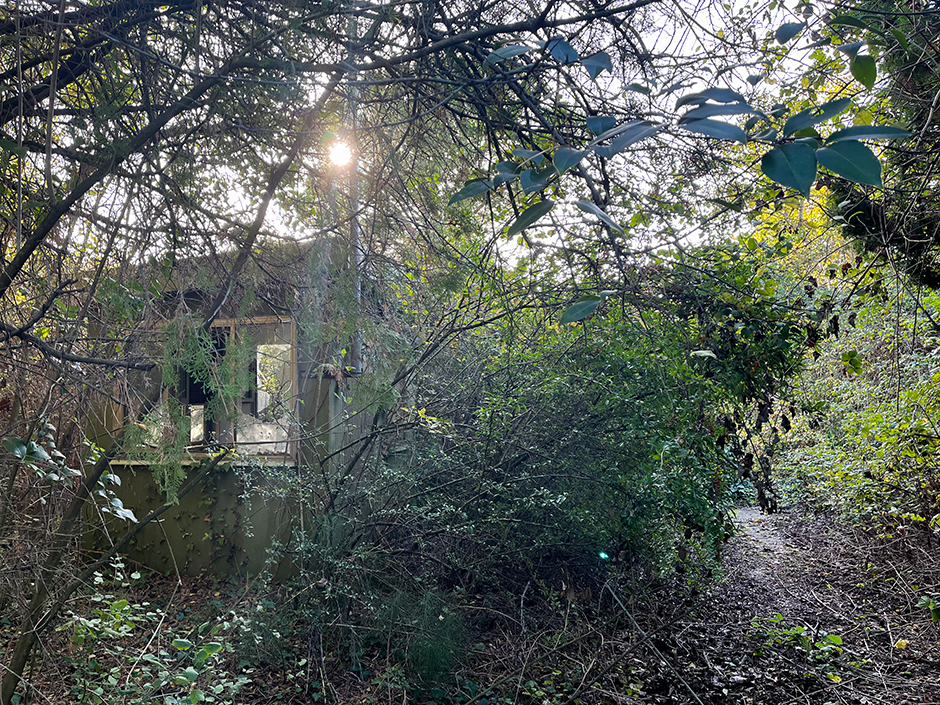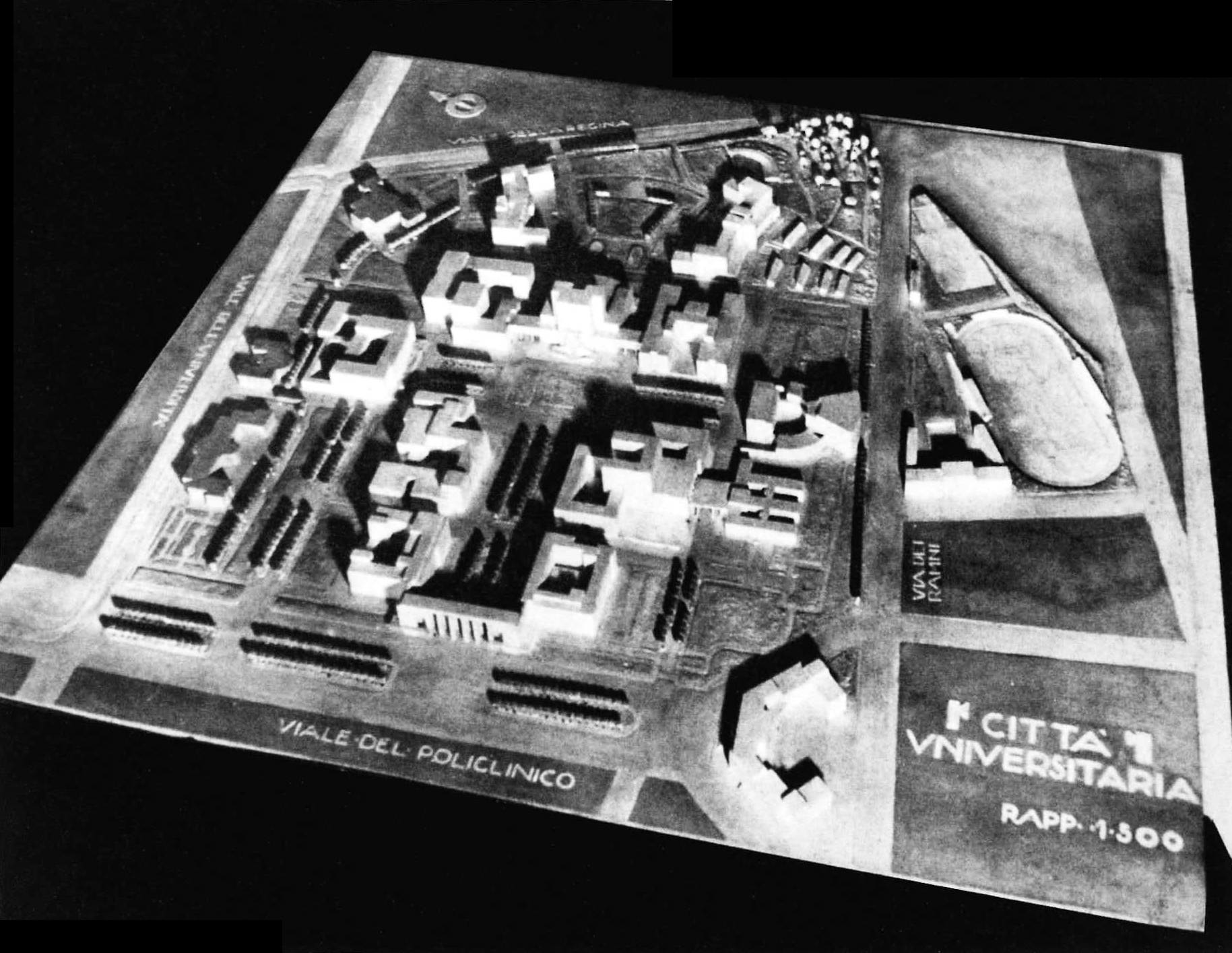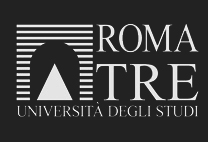Intervista a G. Campos Venuti
La genesi delle periferie bolognesi, il ruolo dei quartieri PEEP e INA-Casa.
Leonardo Tedeschi
Sempre di più si parla di periferie al di fuori dell’ambito accademico, sembra che anche il dibattito politico locale e nazionale cominci a familiarizzare con il tema, il che lascia sperare che nei prossimi anni saremo tutti coinvolti in una loro rigenerazione. Nel tentativo di comprendere a fondo l’essenza contemporanea delle periferie, è interessante soffermarsi ad analizzarne la genesi. Questa intervista intende investigare il ruolo giocato dalla “città pubblica” (Di Biagi 2001, p.3) nella definizione delle periferie e più dettagliatamente la strategia intrapresa da G. Campos Venuti, che nel contesto bolognese ha interpretato i PEEP come strumento di ricucitura e governo delle aree interstiziali fra la città consolidata e nuovi poli attrattivi satellitari come i quartieri INA-Casa, sottraendo così ampie aree alla speculazione e garantendo isole qualitative. L’intervista integrale è disponibile al seguente link: https://leonardotedeschi.wordpress.com
Lately in Italy the theme of periphery has been more and more often dealt with also out of the academical field, it also seems that the topic is increasingly interesting the local and national political scene; that makes us hope to be soon all involved in their regeneration. In order to deeply understand the contemporary essence of the Italian suburbs, it is interesting to take into consideration their genesis. The following interview aims at investigating the role played by the “public city” (Di Biagi 2001, p.3) in the definition of the suburbs and especially the strategy played by G. Campos Venuti, who in the contest of Bologna interpreted the PEEP interventions as a tool of government and re-connection between the historical city and the new satellites (attractions), such as the INA-Casa districts.
Leonardo Tedeschi si è laureato a Novembre 2015 presso la Facoltà di Architettura dell’Università di Ferrara, con una tesi sulla rigenerazione di quartieri INA-Casa (http://issuu.com/leonardotedeschi6/docs/centrare_il_margine). Attualmente lavora a Berlino presso uno studio attivo nella ricerca urbana e nella progettazione architettonica. Negli ultimi anni trascorsi a Bologna ha preso parte al fenomeno Social Street, riguardo al quale è stato invitato a discutere in diverse conferenze a livello nazionale. Nel Marzo del 2014 avvia InStabile-Community Creative Hub (https://instabileportazza.wordpress.com), un progetto di recupero di un edificio abbandonato della periferia bolognese, seme di urbanità e potenziale fonte di lavoro, cultura e welfare per la periferia urbana.
Leonardo Tedeschi graduated in November 2015 at the Faculty of Architecture of the University of Ferrara with a thesis about the regeneration of INA-Casa districts (http://issuu.com/leonardotedeschi6/docs/centrare_il_margine). Currently he works in Berlin in a studio engaged in the field of urban research and architectural design. During the last years spent in Bologna he got involved in the Social Street phenomenon, on which he’s been invited to talk in several conferences across Italy. On March 2014 he started up InStabile-Community Creative Hub (https://instabileportazza.wordpress.com), a regeneration project of an abandoned building in Bologna’s hinterland, aiming at turning it into an innovative source of job, culture and welfare for the urban suburb.






